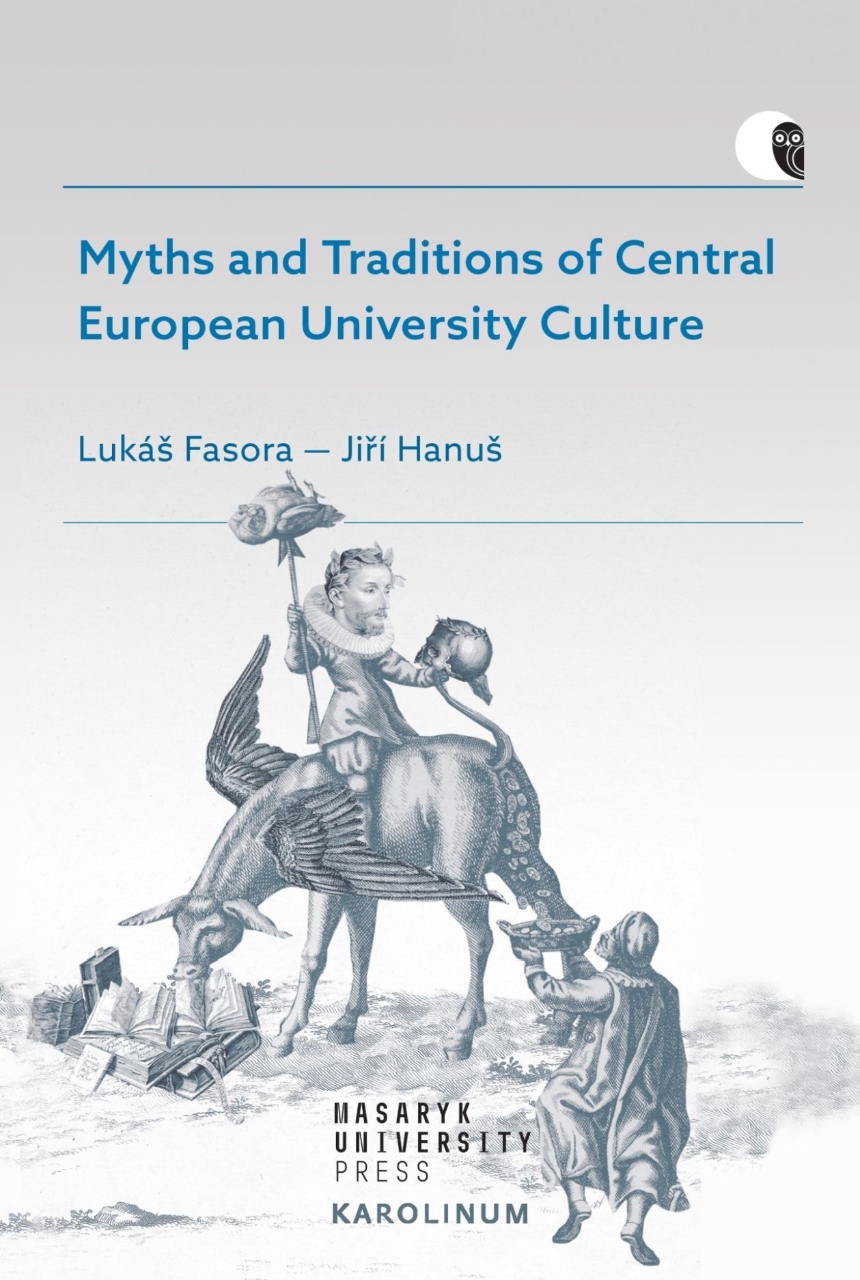Karolinum Press, Charles University
Myths and Traditions of Central European University Culture
9788024643809
Distributed for Karolinum Press, Charles University
Myths and Traditions of Central European University Culture
By examining the myriad myths surrounding Central European universities, Czech historians Lukáš Fasora and Jiří Hanuš take a diachronic approach to investigating the issues facing higher learning in the region. Using careful historical research, the authors point out vast discontinuities, comparing how the philosophy of education from the Middle Ages to the nineteenth century has changed and how this evolution relates to the current administrative goals of higher education. As they confront the history and myths of university education, the authors do not shy away from exploring difficult questions, such as whether political and economic influences have completely transformed the goals and structure of today’s universities in Central Europe. Though focused on university systems in a specific geographic region, the findings have wide-ranging implications for higher education the world over.
Reviews
Table of Contents
An introduction for foreign readers
Myth: an attempt at understanding university history
The myth of university freedom
The Humboldtian myth
The myth of the united university
The myth of indisputable foundations
The myth of contributing to society
The myth of university governance
The myth of territory
The history of university culture and some current issues
Bibliography
Myth: an attempt at understanding university history
The myth of university freedom
The Humboldtian myth
The myth of the united university
The myth of indisputable foundations
The myth of contributing to society
The myth of university governance
The myth of territory
The history of university culture and some current issues
Bibliography

